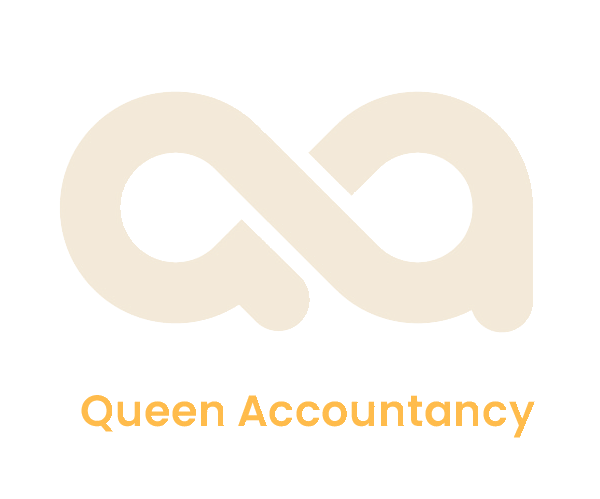In order to keep your small business running smoothly, it is important to develop healthy financial habits. This means being conscious of how you spend your money and conserving cash wherever possible. In this blog post, we will discuss four healthy financial habits that can help you conserve cash in your small business. Let’s dive into how you can build habits and create a more sustainable small business.
#1 – Set Financial Goals In order to conserve cash in your small business, you need to get into the habit of regularly setting and updating financial goals. You can do this by thinking about your current financial situation and what changes you would like to make. Consider the following questions before setting a goal:
- What is my current profit margin
- What is my desired profit margin after tax?
- What are my current expenses?
- How many hours per week do I spend on this business?
- What would be the best ways for me to save money or increase revenue?
Once you have answered these questions, it will be easier for you to set realistic goals that conserve cash.
Remember, your goals should be SMART:
S – Specific, M – Measurable, A – Attainable, R – Relevant and T- Timely.
An example of a SMART goal would be: Increase my profit margin from 20% to 30% within 12 months by streamlining operations and reducing costs.
The goal is:
- Specific because it includes how much you want your profit margin to increase.
- Measurable because you can track your progress over time.
- Attainable because it’s not impossible to achieve.
- Relevant because it will help improve your bottom line
- Timely because you have set a deadline for yourself.
When setting financial goals, make sure to keep the SMART acronym in mind.
#2 – Perform an Expense Audit (and Then Plug the Leaks)
In order to conserve cash, it is a good idea to perform an audit of where you spend your money. You can do this by reviewing your bank statements from the past few months and identifying expenses that are not necessary for running your business.
The next step is to cancel any subscriptions or memberships that you no longer need or use. After that, you can try to renegotiate contracts with suppliers or vendors and ask them for a lower rate on their services. You should also make sure that your accounting software is up-to-date so you know where every dollar goes in your business (and what it’s paying for).
Finally, keep track of how much money comes in and out of your business on a monthly basis. This will help you to stay on top of your finances and identify any areas where you need to tighten the belt.
#3 – Automate Your Emergency Fund
One way to conserve cash in your small business is by automating your emergency fund. This means setting up a system where a certain amount of money is automatically transferred from your checking account to your savings account on a regular basis.
This can help you avoid the temptation to spend all of your money and will ensure that you have some funds saved up in case of an emergency.
There are a number of different online banking services that offer this feature, so be sure to do your research and find the best one for you.
When automating your emergency fund, make sure to set up a transfer that is realistic for your budget. You don’t want to put too much stress on yourself or your business by setting the transfer too high.
#4 – Monitor Your Cash Flow DAILY
Monitoring your cash flow on a daily basis is an important habit that can help conserve cash in your small business.
The best way to do this is by setting up an automated system where you receive notifications every day at a certain time of the day when there are new transactions recorded in your accounting software. This will keep track of all expenses and income so that you can quickly see where money is coming from and going to.
Final Thoughts
Conserving cash is important for any small business owner. The small changes outlined above amount to a big difference to your finances over time, so don’t wait to implement them in your business. Remember the old adage: in three months’ time, you’ll be glad you started today.

